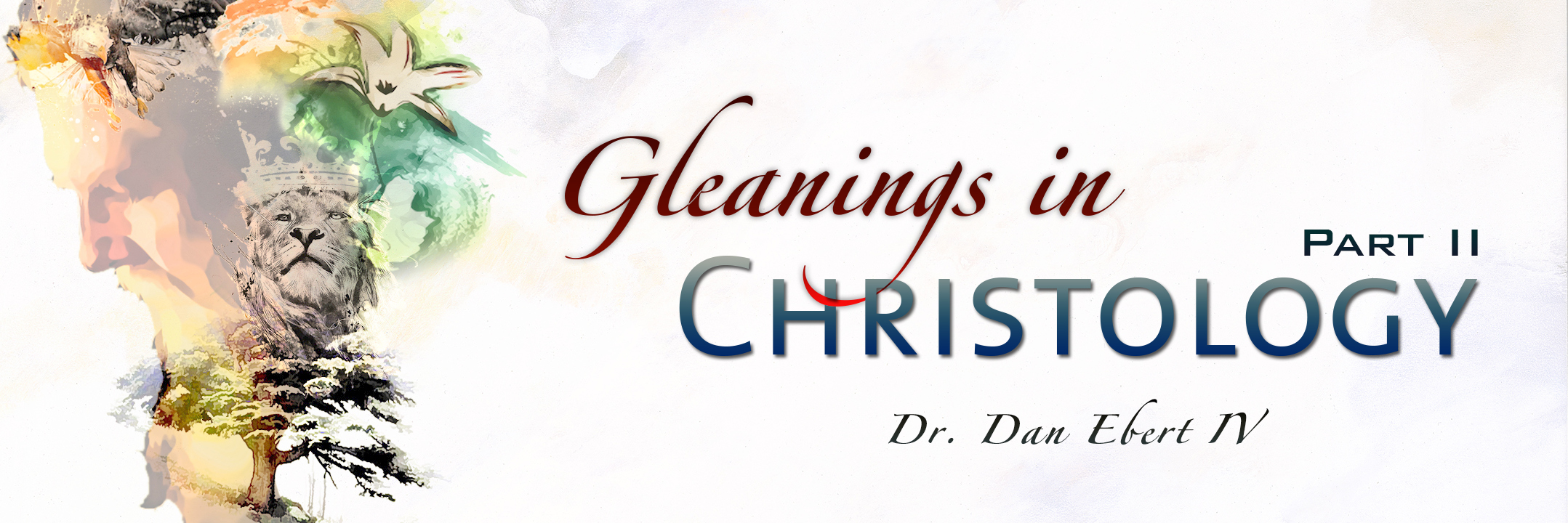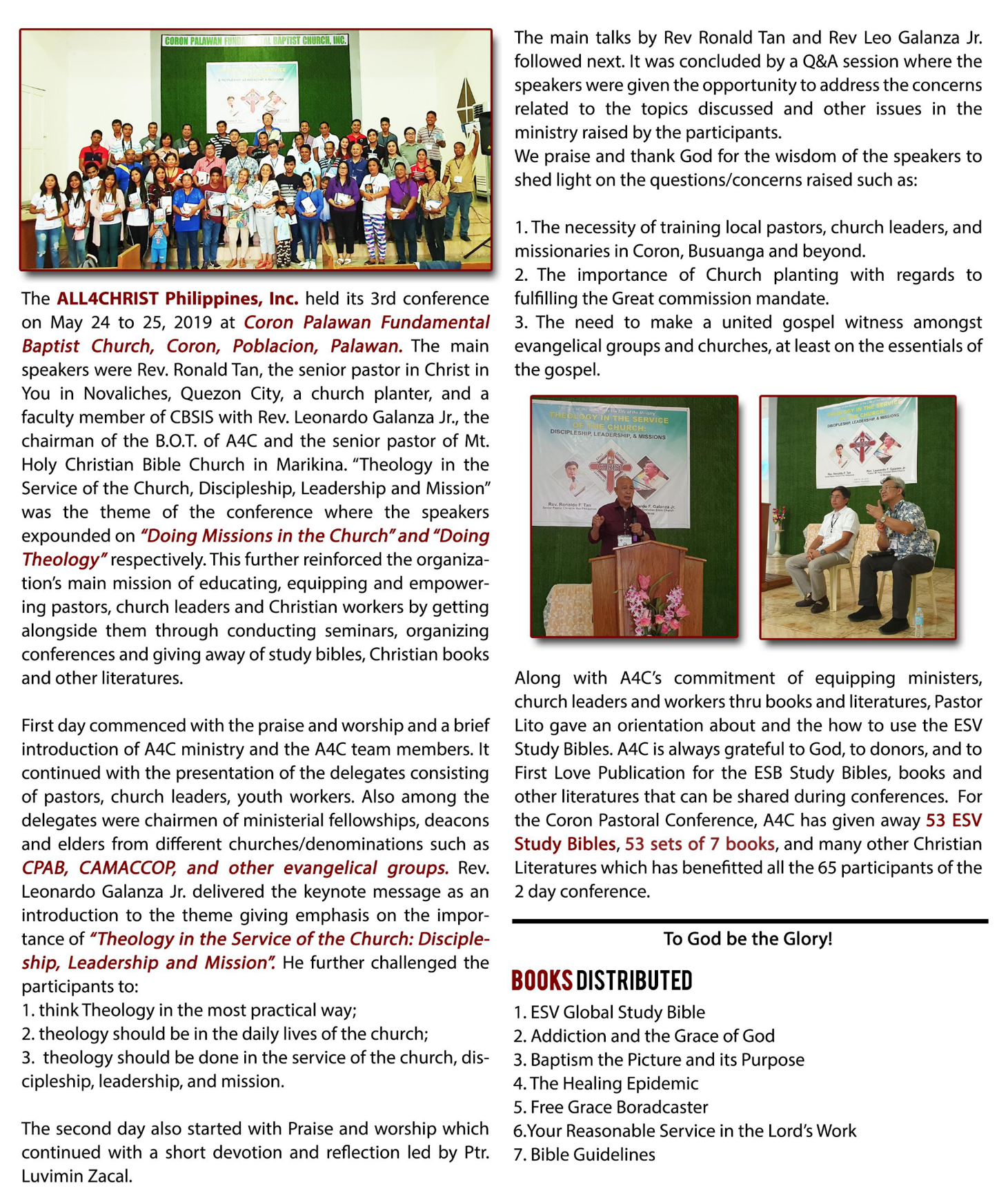
CHRIST THE LORD
It is sad when people deny Christ’s deity. The Bible repeatedly identifies Jesus as the Lord, reflecting the Old Testament’s personal name for God. The Hebrew has the letters YHWH (the Tetragrammaton). This is translated into English either as Jehovah or Yahweh, or more often as Lord.
“Jesus is Lord” was the earliest Christian confession (1 Cor 8:6; 1 Cor 12:3; Eph 4:4-5). It was one of many Church practices that recognized Christ within God’s identity.
Christians prayed to Christ, even as they prayed to the Father (see the prayer-wish in 2 Thess 2:16-17). They were baptized into the divine name, which included Father, Son, and Holy Spirit (Matt 28:19). They received prophecy from Christ as Lord (e.g., the Book of Revelation). And they sang hymns to Jesus (Eph 5:19; cp. Col 3:16), even as King David composed psalms to the LORD.
Confessing Jesus as Lord is essential for salvation (Rom 10:9-10). Let’s hold fast to this truth and live our lives in obedience to this amazing Lord.
CHRIST THE PROPHET
Hebrews 1:1-4 celebrates Christ’s triple supremacy: his comprehensive revelation of God, his powerful work of atonement, and his sovereign cosmic reign. These themes picture Jesus as prophet, priest, and king. As curious children (Matthew 11:25), let us learn about Christ in these three offices.
First, consider Christ the Prophet. The Westminster Catechism for Young Children asks, “How is Christ a prophet?” The child’s response is simple: “Because he teaches us the will of God.” Jesus is qualified to reveal God because he is God’s Son (Heb 1:2), imaging God’s own being, and sustaining the universe by his word (Heb 1:3). He is superior to the Old Testament prophets (Heb 1:1) and even the angels (Heb 1:4).
The Father provides this revelation to those who come as children, humble, and teachable. “Why do you need Christ as a prophet?” We should not cringe at the catechism’s answer: “Because I am ignorant!” Let’s trust Jesus, who is God’s Word (John 1:1), to teach us what we need to know about God.
Confessing Jesus as Lord is essential for salvation (Rom 10:9-10). Let’s hold fast to this truth and live our lives in obedience to this amazing Lord.
CHRIST THE PRIEST
Jesus is not only the final prophet; he is also our great high priest. How is Christ a priest? The child responds in the catechism, “Because he died for our sins and pleads with God for us.” This death for sins was an efficacious sacrifice (Heb 7:25-28). Christ is now seated at God’s right hand as our sympathetic priest (Heb 4:14-16).
“Why do I need Christ as a priest?” The child’s answer: “Because I am sinful.” The call of the gospel is not to those who are strong and proud, but to those who are humble. The warning of Hebrews 2:1 is for us: “Let us pay much closer attention!” We can only find forgiveness of sins in Christ, our only true priest.
Once forgiven, as God’s people, we are to function as a kingdom of priests, offering sacrifices of praise (Heb. 13:15; 1 Peter 2:5), the sacrifices of goodness and sharing with others (Heb. 13:16), and doing the priestly work of announcing to others forgiveness in Christ (1 Peter 2:9).




















